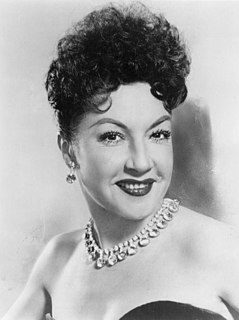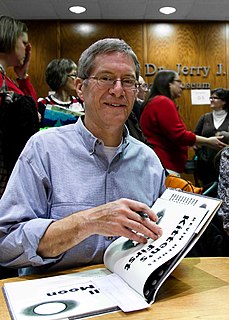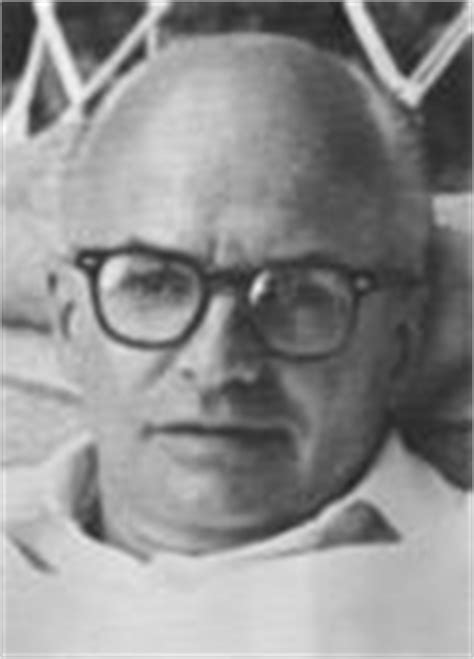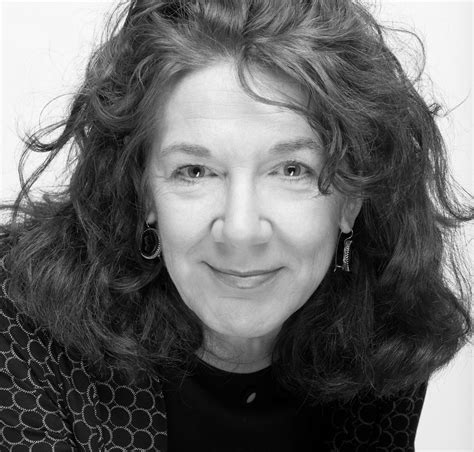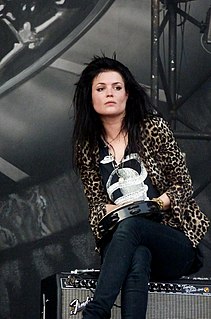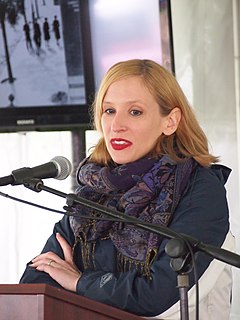A Quote by Marilynne Robinson
I read things like theology, and I read about science, Scientific American and publications like that, because they stimulate again and again my sense of the almost arbitrary given-ness of experience, the fact that nothing can be taken for granted.
Related Quotes
Often, when I want to read something that is satisfying to me as theology, what I actually read is string theory, or something like that - popularizations, inevitably, of scientific cosmologies - because their description of the scale of things and the intrinsic, astonishing character of reality coincides very beautifully with the most ambitious theology. It is thinking at that scale, and it is thinking that is invested with meaning in a humanly evocative form. That's theology.
The only things I read are gossip columns. If I read three pages of a book, I'm out like a light. When I pick up the book again, I've forgotten what I've read and have to start over again. By page three, even if I've just awakened from a nine -hour nap, I fall asleep again. So if anyone gives me a book, it had better have lots of pictures.
I know a lot of other actors that don't like to look at other references to their characters and things. But I like it. I always look at everything, I read all the books. I read Dieter's "Escape from Laos." I watched the documentary again and again and again. I recorded it just to listen to him a lot. I just don't suffer from feeling like I'm getting caught into an imitation. I just feel like I want to steal some good stuff if it's in there.
One of the things that's pretty unique about nu shu, when you look especially at these old letters and stories that have been saved, is that there are certain lines that are very standard that are used again and again. It's almost like a formula in a sense, so that these certain lines come up again and again.
Young screenwriters are always very frustrated when they talk to me. They say, 'How do we get to be a screenwriter?' I say, 'You know what you do? I'll tell you the secret, it's easy: Read 'Hamlet.' You know? Then read it again, and read it again, and read it until you understand it. Read 'King Lear,' and then read 'Othello.'
In one sense, reading is a great waste of time. In another sense, it is a great extension of time, a way for one person to live a thousand and one lives in a single lifespan, to watch the great impersonal universe at work again and again That is why I read: I want everything to be okay. That’s why I read when I was a lonely kid and that’s why I read now that I’m a scared adult.

